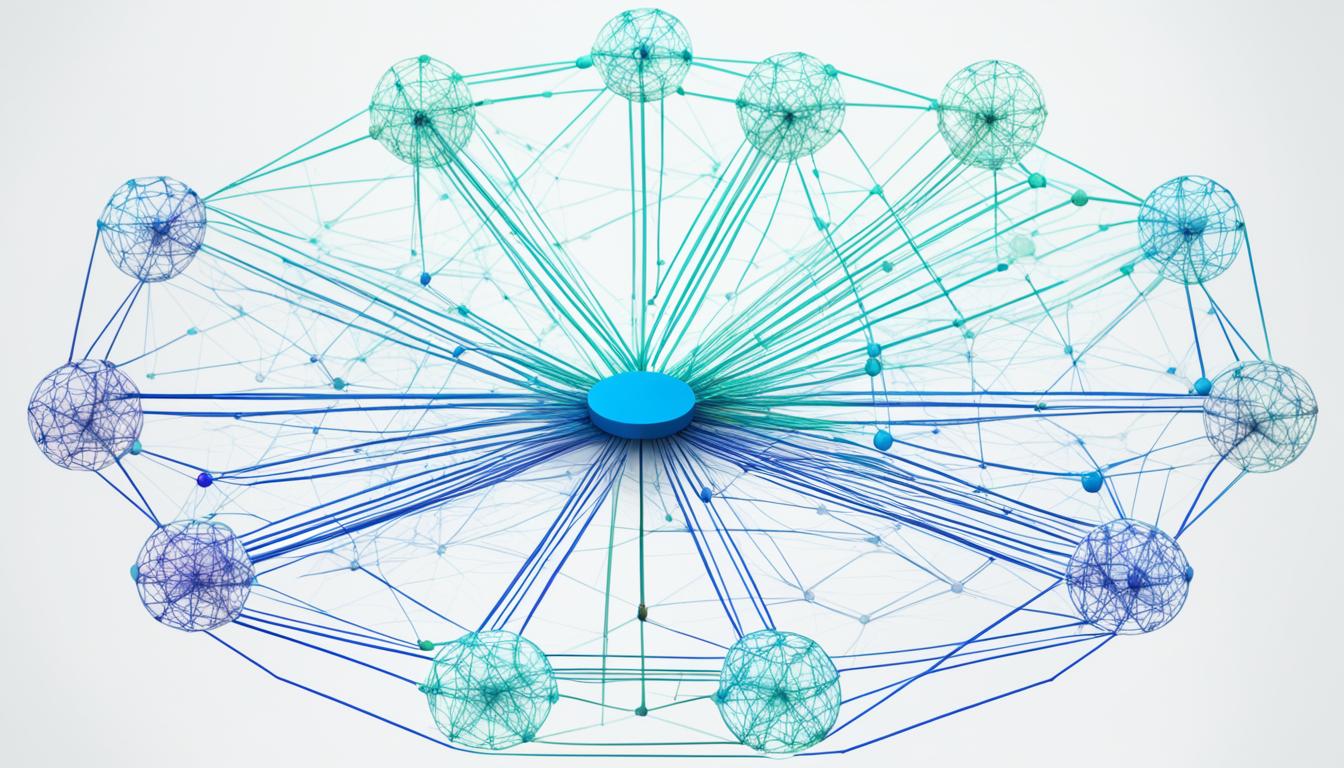Delegated Proof of Stake (DPoS) is a variant of Proof of Stake (PoS) used in blockchain networks. In DPoS, network participants vote for delegates who validate blocks and add transactions. This mechanism aims to be more democratic, scalable, and efficient compared to traditional PoS, addressing its limitations.
DPoS relies on voting to elect delegates, who handle transaction validation and maintain blockchain security. It offers faster consensus by using a limited number of delegates, enhancing performance. DPoS is used by blockchain projects like EOS, Tron, and Sui, each with unique implementations.
While DPoS provides greater accessibility and energy efficiency, it also faces risks like delegate collusion or centralization. Despite these challenges, DPoS remains a popular choice for scalable, democratic consensus mechanisms in blockchain projects.

